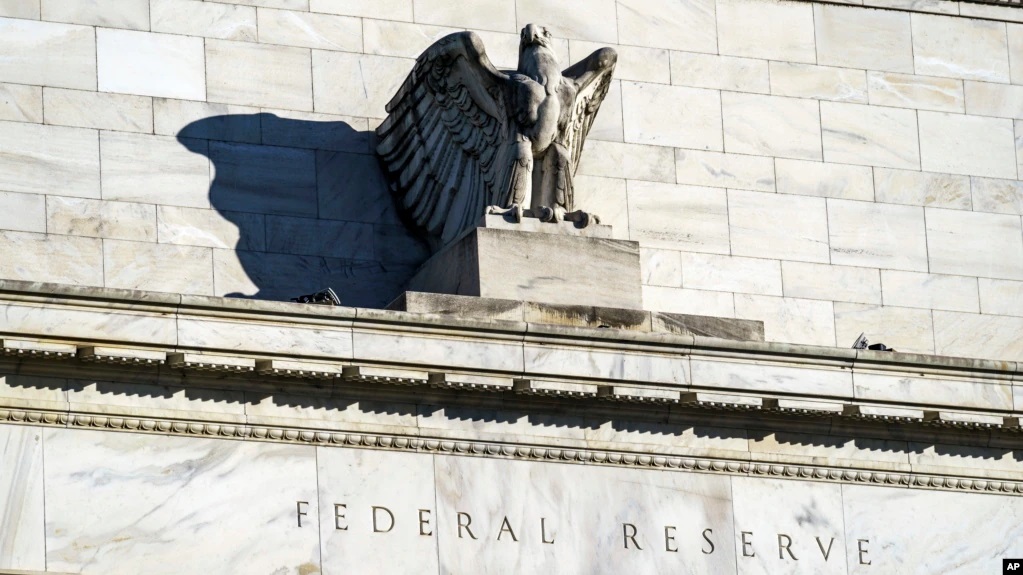“You’d have borrowed 400,000 but spent almost a million to pay the loan off,” she points out. However, if you refinanced the home at five percent, “you’d spend $35,000 on refi costs, saved $185,000, and net about $150,000.”
The Only Time You Should Refinance Your Home
Written by worldOneFm on December 1, 2024
Becoming a homeowner is one of the most rewarding and important investments you’ll ever make—and it never stops. For instance, you’ll embark on renovation projects, learn about property taxes and mortgage rates, and quickly understand the value of seasonal maintenance upkeep. Down the road, you might also think about refinancing your home. But how do you know when it’s the right time to refinance your mortgage? Well, the answer isn’t as complex as you might think, says finance expert Vivian Tu (@yourrichbff) in a new TikTok video.
“Refinancing, or refi for short, is just a fancy way of saying replace your existing loans with a new one,” says the former Wall Street worker. “The most common reason people do this is to get better loan terms, namely a lower interest rate.”
However, you might also look into refinancing your home if you’re converting from an adjustable-rate mortgage (ARM) to a fixed-rate mortgage or have an upcoming renovation project. “Using home equity can be better than taking out a personal loan or putting charges on a credit card because cash-out refinances usually have a lower interest rate than both,” explains Rocket Mortgage.
But in the case of securing a lower interest rate, Tu says it isn’t financially beneficial unless the “new loan rate is at least two percent less than your original one.” She gives the example of a homeowner with a seven percent mortgage rate, stating that they shouldn’t refinance until they can lock in a rate of five percent or better.
“This is because refinancing can cost five to seven percent of a loan’s principal and comes with a bunch of other fees,” she explains.
The average mortgage refinance is $2,375 in closing costs, plus taxes, per a Closing Corp study obtained by Bankrate. This number is predominately based on the size of your loan and where you live. And that number is only your baseline because, on top of closing costs, you’ll also be paying your new interest rate.
A company will consider several factors when determining your new rate. These include your credit score, type of refinance, the size and term of your loan, and property type, per Bankrate.
The good news is there are ways you can lower refinancing costs, such as boosting your credit score and using your original title insurer (versus starting over with a new policy). Bankrate also suggests asking for fee waivers (if you’re an existing, loyal customer, this could work in your favor) and considering a no-closing cost refinance.
“When considering refinancing, it’s important to see if these numbers make sense for your savings goals,” advises the personal finance website.
If you’re able to get a new rate that’s at least two percent lower than your current one, then you should probably strike while the iron is hot.
Tu broke down the math, showing viewers just how much they could save with refinancing. For her demonstration, she used a $500,000 home with a 20 percent deposit and a seven percent mortgage rate.






